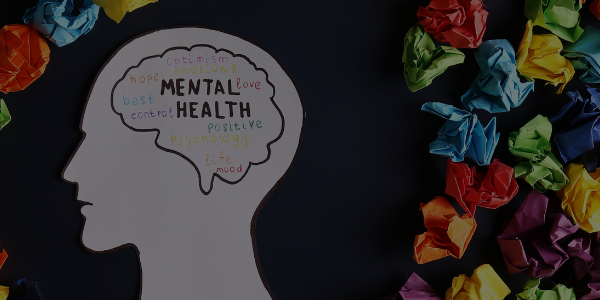When we think about nutrition, we do not often associate how what we eat affects our mental health.
What we eat has a huge impact on our energy levels, how we feel, our sleep, our concentration levels and yes, our headspace.
Research has shown that eating well improves our mental wellbeing. A poor diet and nutrition can lead to many health concerns and research shows that developing healthy nutrition relationships especially in childhood can reduce these outcomes such as:
Poor nutrition has been associated with:
- externalizing behavior (such as hyperactivity, aggression, disobedience)
- symptoms of attention deficit hyperactivity disorder
- poor concentration and tiredness
- immune system function, which is also linked to mental health
- delayed brain development – high-fat, high-sugar diets can affect proteins in the body that are important for brain development
- iron deficiency, which has been linked to cognitive function impairments associated with learning and memory
- nutrient deficiencies, which have been associated with mental health conditions including depression and anxiety.
The good news is that by improving our nutrition and wellbeing we can improve the state of our mental health. We could all make some changes to our nutrition and it’s simple.
Here are some tips to improve mental health nutrition.
- Eating breakfast gets the day off to a good start.
- Instead of eating a large lunch and dinner, try eating smaller portions spaced out more regularly throughout the day.
- Avoid foods which make your blood sugar rise and fall rapidly, such as sweets, biscuits, sugary drinks, and alcohol.
- Stay hydrated.
- Vegetables and fruit contain a lot of the minerals, vitamins and fibre we need to keep us physically and mentally healthy. Eating a variety of different colored fruits and vegetables every day means you’ll get a good range of nutrients.
- Looking after your gut, sometimes your gut can reflect how you are feeling emotionally. If you’re stressed or anxious this can make your gut slow down or speed up. Healthy gut foods include fruits, vegetables and whole grains, beans, pulses, live yoghurt and other probiotics.
- Getting enough protein, protein contains amino acids, which make up the chemicals your brain needs to regulate your thoughts and feelings. It also helps keep you feeling fuller for longer.
- Managing caffeine, caffeine is a stimulant, which means it will give you a quick burst of energy, but then may make you feel anxious and depressed, disturb your sleep, or give you withdrawal symptoms if you stop suddenly.
- Eating the right fats, our brain needs fatty acids (such as omega-3 and -6) to keep it working well. So rather than avoiding all fats, it’s important to eat the right ones.
Please note that regular First Aid and CPR Training is the best way to make sure that you’re prepare in the case of an emergency. Book a Free Call with us!





